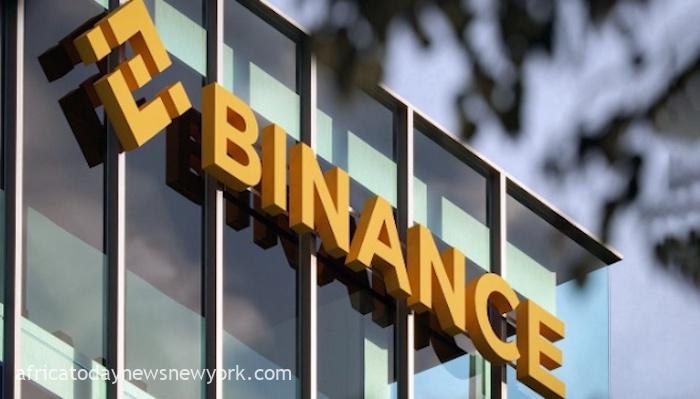In a statement released yesterday, the Central Bank of Nigeria (CBN) underscored that the Securities and Exchange Commission (SEC) is mandated to oversee cryptocurrency transactions within the nation, absolving itself from regulatory duties.
Dennis Amachree, a former Assistant Director of the Department of State Services (DSS), weighed in on the issue, pointing out that the Office of the National Security Adviser (ONSA) is not equipped with a detention facility. He stressed the importance of relocating the fleeing Binance executive, Nadeem Anjarwalla, to either the Economic and Financial Crimes Commission (EFCC) or the DSS for custody.
It’s worth noting that the National Security Adviser (NSA) initiated a search operation to locate the escaped Binance executive, Anjarwalla, who absconded from his detention facility and left the country.
Addressing the matter during the Central Bank’s 294th Monetary Policy Committee (MPC) meeting yesterday, Governor Olayemi Cardoso emphasized that collaboration with the Securities and Exchange Commission (SEC), the Economic and Financial Crimes Commission (EFCC), and the Office of the National Security Adviser (ONSA) had produced favorable results over the past month.
The governor of the Central Bank responded to a question about the CBN’s position on the crypto exchange platform, Binance, which has been subject to increased crackdown by the federal government since the last MPC gathering in February. During that session, Cardoso disclosed that $26 billion in suspicious transactions had passed through Binance in the preceding year.
Cardoso said yesterday: “We consider ourselves as having the wherewithal to collaborate with other agencies of government and that is a very important function for us.
“About a month ago, we actually did have collaboration with law enforcement agencies, EFCC, the SEC and other regulatory bodies as well, and what came out of that is a work in progress but very positive as far as I can say.
“We’ve been sharing information with the NSA. However, in this particular case, the responsibility for regulating cryptocurrency is not our role, it isn’t ours; it is strictly that of the Security and Exchange Commission, not our responsibility.”
Read also: Reps Seek Probe Into $2.4bn CBN Contracts Rendered Invalid
Last month, the NSA office detained two Binance executives who were in the country to hold talks with the government.
However, one of the suspects, Nadeem Anjarwalla, evaded lawful custody, prompting the government to launch a manhunt for him and seek Interpol’s assistance in apprehending him.
Additionally, Dennis Amachree, a former Assistant Director of the Department of State Services (DSS), also emphasized yesterday that the Office of the National Security Adviser (NSA) is not equipped with a detention facility and is not classified as a security agency. He proposed that the escaped Binance executive should have been transferred to either the Economic and Financial Crimes Commission (EFCC) or the secret police for custody.
Appearing as a guest on Channels Television’s Politics Today program late Monday, Amachree highlighted that the suspect and his colleague at the cryptocurrency exchange platform, Tigran Gambaryan, should have been placed on a watch list when they were detained in Abuja in late February.
Amachree recommended that Anjarwalla and Gambaryan should have been placed on a watchlist under the Nigeria Immigration Service (NIS), where their photos and names would be tagged for monitoring at all airports across the nation.
Amachree said: “If the man has been flagged as a threat or a suspected person, he should have been watchlisted. I don’t know whether the NSA has a detention facility. The NSA is an advisory body to the President.
”So, if he (NSA Nuhu Ribadu) felt that the suspects should be remanded, he should have sent them to the EFCC or the DSS to keep until the date of the court but to keep them in a guest house where he has access to telephone is wrong?
He also raised concern about permitting him to leave for prayer, citing numerous inconsistencies and oversights. They mentioned previous instances where heads of state were detained yet still managed to pray within their living quarters. Consequently, they questioned the rationale behind allowing this individual to attend the nearby mosque for prayer, fearing he might vanish.

